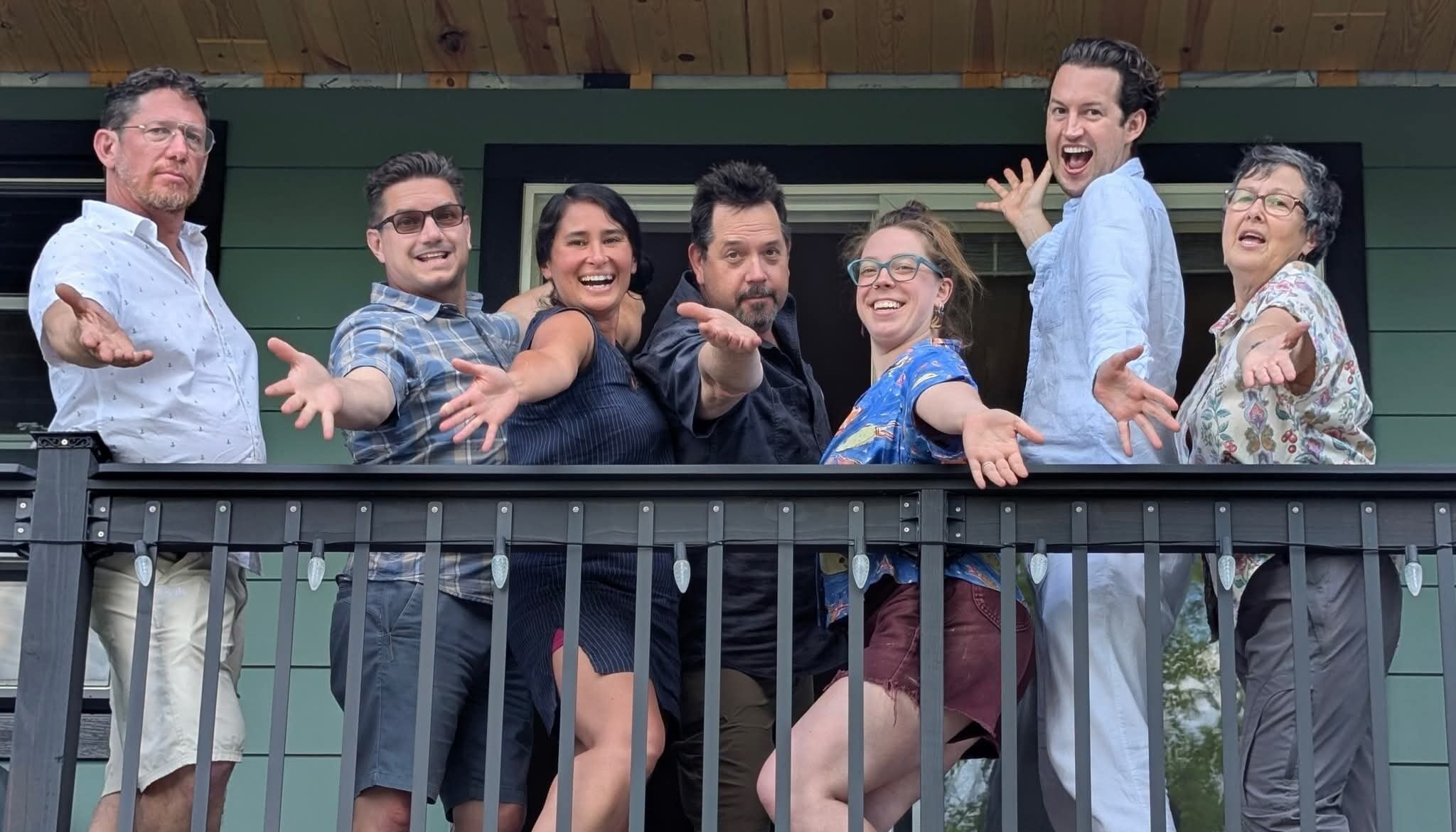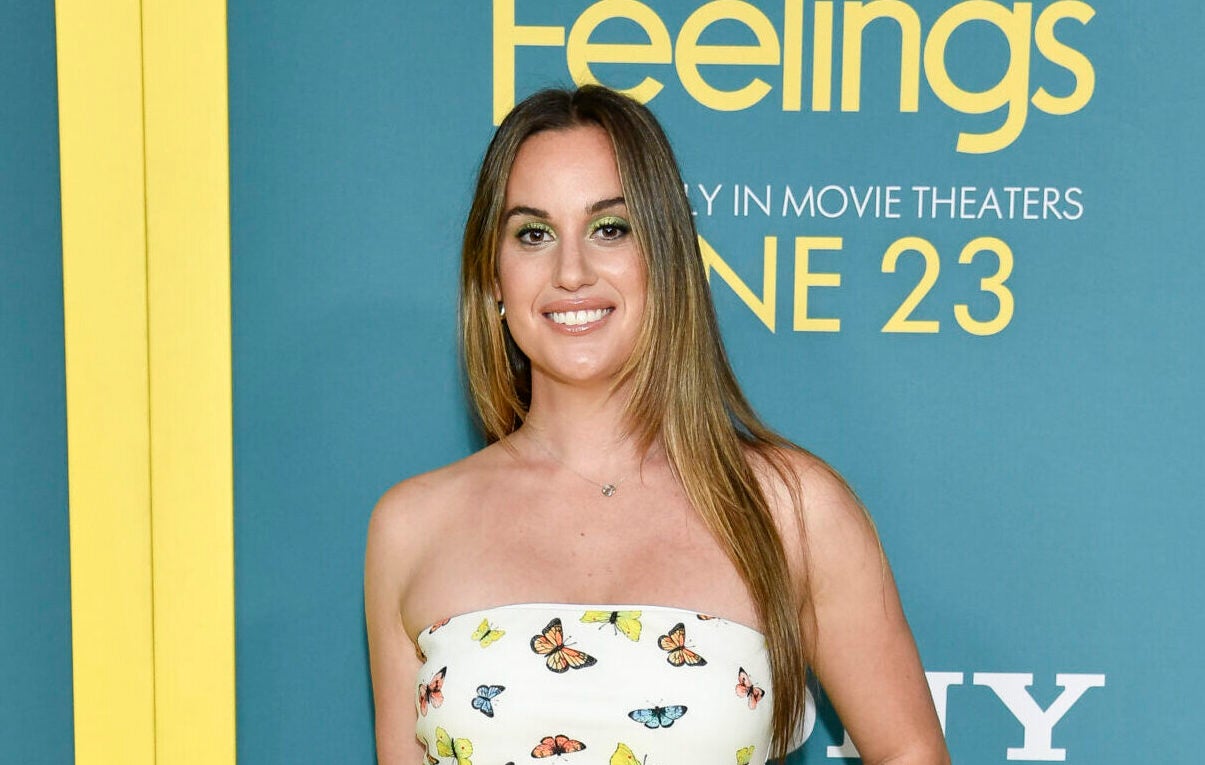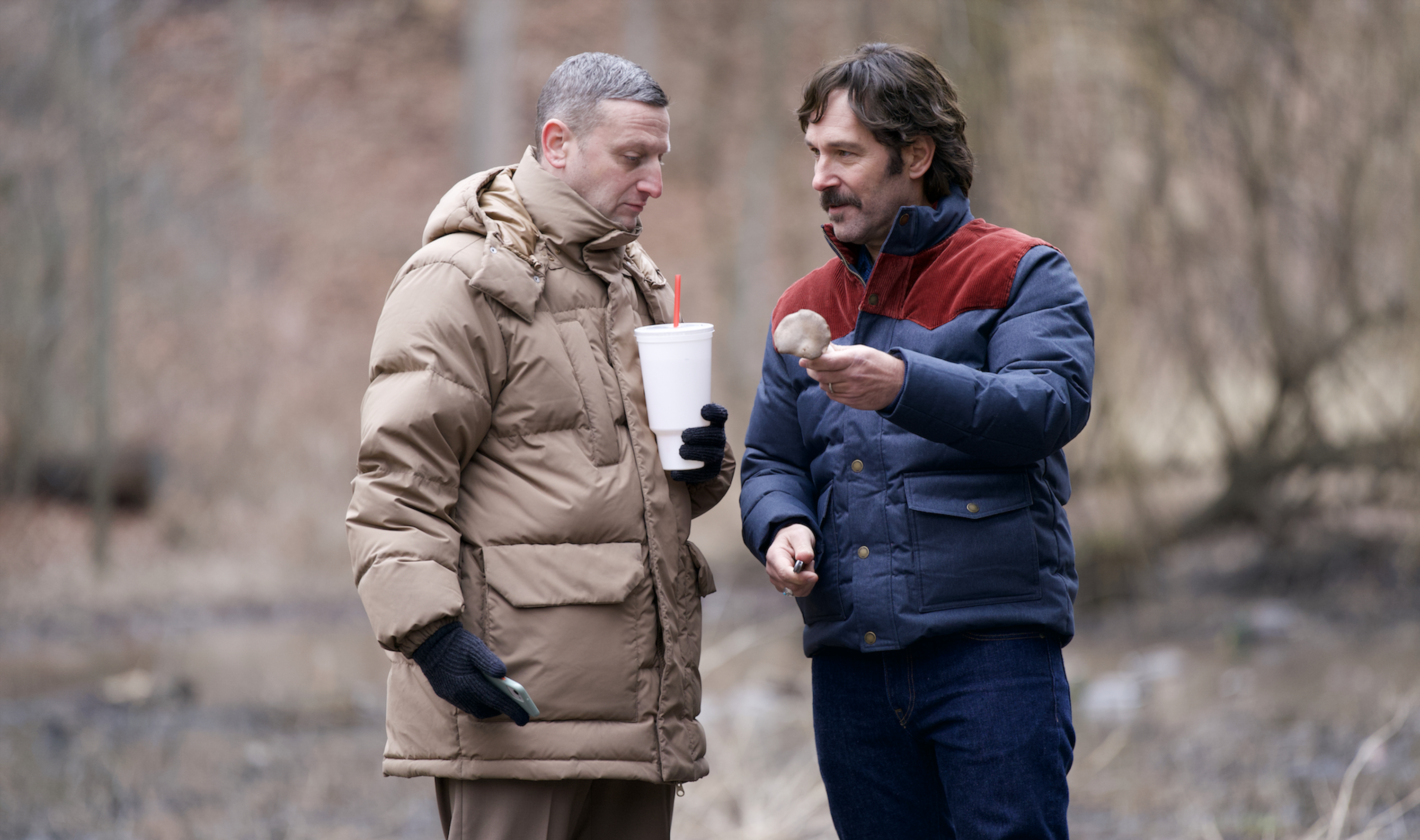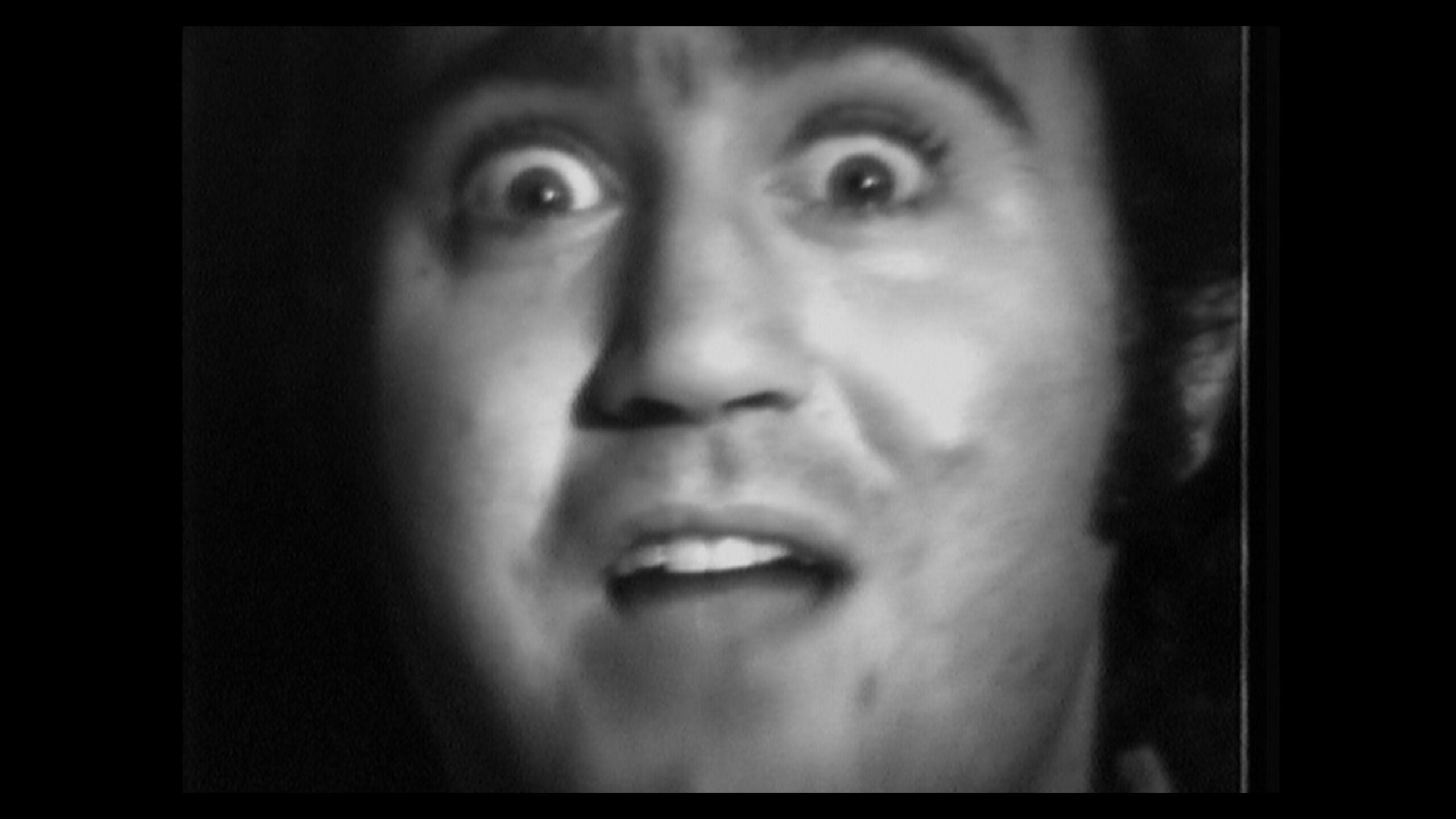Eugene Mirman is a Russian-born comic. Lately, he’s been busy with his comedy tour and as a voice talent for several TV shows, including “Gene” on Fox’s series “Bob’s Burgers.”
WPR’s “BETA” found some time in Mirman’s busy schedule to ask about his start in comedy and how the tour is going.
The following interview has been edited for clarity and brevity.
News with a little more humanity
WPR’s “Wisconsin Today” newsletter keeps you connected to the state you love without feeling overwhelmed. No paywall. No agenda. No corporate filter.
Doug Gordon: Your latest tour is “An Evening of Whimsy and Mild Grievances.” It’s a great title. Is there an origin story for that?
Eugene Mirman: The origin story is that my comedy is whimsical, and it has an element of mild grievance. So, it is simply factually accurate.
DG: You were born in Moscow, but your family came to the U.S. when you were only 4. Did you experience culture shock when you arrived in America, or were you too young to notice?
EM: I don’t know if it was culture shock. It’s not like I was used to the Russian Beatles. And here there were the regular Beatles, you know? But I will say that I got here during the Cold War, and I think a lot of children had trouble distinguishing people who were communists from people who were fleeing communism.
DG: A “Moscow on the Hudson” kind of vibe. Would that be fair?
EM: Yes. Many kids watched that, and we’re like, oh, it’s more complicated than I imagined. So yeah, it was the Cold War. Like when Russians shot down, I think, a Korean airliner, the kids at school blamed me. But otherwise, it was fine. I liked America, and here I am.
DG: You created a nine-volume album a while back. It’s called “I’m Sorry (You’re Welcome).” On one of the volumes, you teach Russian. Can you tell us about that?
EM: Yes. There’s one that’s over 45 minutes of crying so that I could put a sticker on my album that said, “Featuring over 45 minutes of crying.” And then there’s one where I teach Russian, and I teach a lot of phrases that don’t come up in everyday life. We’ll see. You’re welcome to give them a try.
DG: Isn’t there one that has laboratory sound effects?
EM: I make various sound effects with my mouth that people can use as Foley in their other films. There’s also something called digital drugs, which is audio that is meant to have the physiological effect of drugs. And most people assume that when they make these sorts of things, they make things like marijuana or cocaine. But I also have stuff like amoxicillin. So, if you have an ear infection, listen to my track. You’ll be fine.
DG: Good advice. Thank you for sharing this medical advice. You’ve been doing stand-up for 30 years. How do you think your comedy has evolved over that time?
EM: I don’t know. I think there are roots of what I would do when I first started at the end of high school and college, and it’s grown from that. When I started doing stand-up, there was a big crash of standup in the ’90s after the boom of the ’80s. And in general, I would try stuff on stage. If it were funny, it would become my standup. So now I have things where I tell stories or jokes, but I also hold up pieces of paper to show that something is a true story. Or, I do a variety of things or read letters, and a lot of that is the evolution of you try it in a show, and if it’s funny, you keep it a standup.
DG: One of your many significant accomplishments is the Eugene Mirman Comedy Festival. What is the origin story behind that?
EM: I did a weekly show in Brooklyn with my friend, Julie Smith Clem. There was also an event that made me joke with her and Mike Birbiglia at the time that I was going to do a Eugene Mirman Comedy Festival. I won’t do that because I was not a known comic. It was particularly ludicrous to suggest, but I thought we should do it because it would be silly. It was really fun, so sometime we decided to do a second one. And then that grew into doing a decade of these very silly shows.
DG: Many people first came to know you from your role on the indie comedy series “Flight of the Conchords.” How did you first connect with Bret and Jemaine?
EM: I did a show in Edinburgh, I think, in 2005, and saw them then and then also met them through, I believe, Dimitri Martin, who had done a show maybe before that, and they were starting to come to the U.S. So we did shows together and small venues in New York, and they were at the Aspen Comedy Festival when I was there. It’s like anything: you meet people you enjoy and begin to work together. So, I auditioned for the role of Eugene, even though they had written it for me.
DG: You, of course, provide Gene Belcher’s voice on Bob’s Burgers. Gene plays pranks and plays the keyboard. What do you and Gene have in common?
EM: A certain, probably goofy warmth. Gene is not what I was like as a kid, but what I would be like if I was a kid now to a degree. But I think he’s a goofy, warm jokester. So, that might be a bit of what we have in common. And a love of food.
DG: You have said a lot of comedy is that you make a thing, you make a TV show and you write a book. Someone else isn’t beating you to your book; someone else isn’t beating you to your standup. So, I have to ask, what thing have you not made that you still want to make?
EM: More stand-up. I’ve never written a book of essays. That could be fun. I have not made a feature film, but it’s not like I know how to create one. I would have to want to learn how to write a movie. But I also really love working on projects with friends. So sometimes, there are things where I think of collaborating with friends on different projects. Getting back into standup is one of those things. It’s fun working on new jokes and new standup touring. You know, it’s something I did for so long for such a big part of my career. But also, now I have a son and want to be home with him. So, I don’t tour quite as much.
DG: You mentioned writing a book of essays. Have you ever considered writing a memoir?
EM: Sure. There may be some intersect in some ways, so it’d be something like that. I don’t know, but the difference is to phrase it as a book of essays. Less like, “here’s my life story,” and more like, “here’s a bunch of, hopefully, good stories.”







